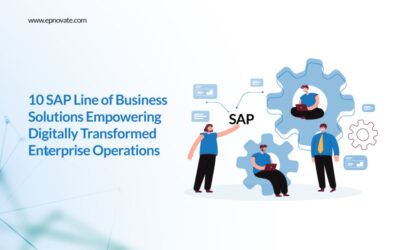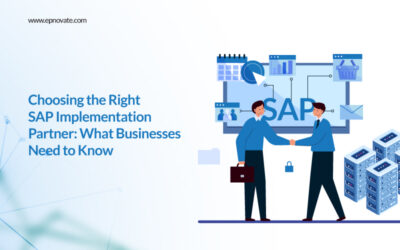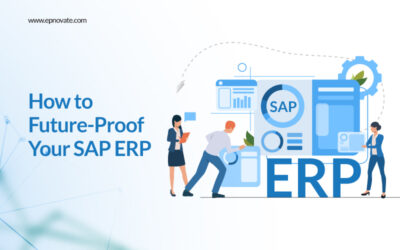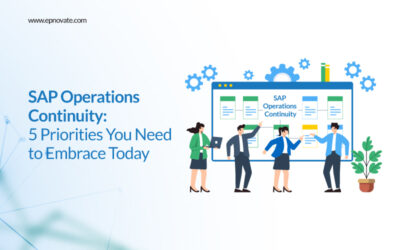Top Ways SAP Testing Solutions Can Optimize Your Business Processes
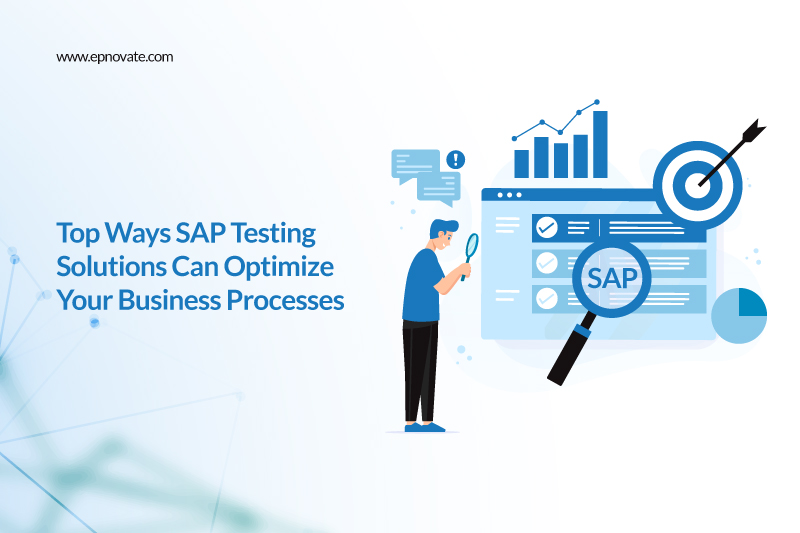
Modern enterprises rely on SAP systems to run critical operations, from finance and HR to supply chain and customer engagement. However, with numerous modules and integrations, even a minor glitch can disrupt business continuity.
This is why SAP testing solutions are essential. They ensure that every process, configuration, and integration in your SAP environment works perfectly before, during, and after deployment.
Let’s explore how SAP testing can streamline your business operations, boost efficiency, and make digital transformation smoother.
What are SAP Testing Solutions?
SAP testing solutions are structured frameworks used to validate the performance, security, and functionality of SAP applications. They ensure every business process, such as order-to-cash, procure-to-pay, or payroll, runs as expected.
Unlike regular software testing, SAP testing covers complex modules and interconnected workflows. It includes functional testing, integration testing, performance testing, and user acceptance testing. Together, they ensure that every system update or customization supports business continuity without downtime.
Why SAP Testing is Critical for Business Success?
SAP systems manage vast amounts of data and automation across departments. Without proper testing, issues like data mismatches, integration failures, or compliance gaps can occur, leading to costly disruptions.
Here’s why SAP testing is a must-have for every enterprise:
- Process validation: Ensures that workflows such as procurement or billing function as designed.
- Compliance assurance: Meets industry-specific regulations and financial reporting standards.
- Reduced risk: Prevents failures caused by new implementations or upgrades.
- Improved scalability: Prepares systems for future growth and larger transaction volumes.
- Business continuity: Keeps operations stable even after major SAP updates.
Enterprises that invest in SAP upgrade services can handle new releases, integrations, and data migrations more confidently because testing ensures all workflows remain intact post-deployment.
Key Ways SAP Testing Solutions Optimize Business Processes
1. Faster Release Cycles
Automation in SAP testing enables the execution of regression tests in hours instead of days. It reduces manual intervention, speeds up validation, and enables teams to roll out updates quickly.
2. Improved Accuracy and Reliability
Manual testing can miss errors, especially in complex systems. Automated SAP testing scripts ensure consistent coverage and accurate results every time.
3. Cost and Time Savings
Automated test cases can be reused across multiple modules or projects, cutting repetitive effort. This reduces testing costs and shortens overall release timelines.
4. End-to-End Process Visibility
SAP testing provides real-time reports on test coverage and defect tracking. This helps teams identify process gaps early and make data-driven decisions.
5. Greater System Stability
Frequent validation minimizes the risk of errors in live systems. Whether your business runs SAP ECC or has transitioned to SAP S/4HANA, consistent testing ensures stable performance.
Through automation and analytics, SAP testing transforms validation into a continuous improvement process, not just a one-time activity.
Popular SAP Testing Tools and Frameworks
- SAP TAO (Test Acceleration and Optimization): Automates test case creation and execution.
- Worksoft Certify: Designed specifically for SAP environments with no-code test automation.
- Micro Focus UFT (Unified Functional Testing): Enables end-to-end functional and regression testing.
- Tricentis Tosca: Offers AI-driven test automation and continuous integration with SAP systems.
- Panaya Test Dynamix: Simplifies change impact analysis for faster SAP upgradation cycles
Each of these tools integrates with DevOps pipelines, CI/CD environments, and cloud-based platforms, making them ideal for modern enterprises seeking agility.
Best Practices for Implementing SAP Testing Solutions
Implementing SAP testing the right way can make or break your digital transformation strategy. Here are the key best practices:
1. Start Early
Involve testing teams right from the design phase. This helps identify risks early and ensures smoother deployment.
2. Prioritize Automation
Automate repetitive test cases to improve accuracy and reduce time-to-market.
3. Focus on Business-Critical Processes
Identify high-impact workflows such as finance, order management, or HR first. Validating these ensures minimal business disruption.
4. Use Realistic Data
Testing with real-world data ensures reliable and actionable results.
5. Partner with Experts
Working with an experienced testing provider helps you access domain knowledge, ready-made frameworks, and accelerators that simplify complex validations.
Organizations that follow these practices see measurable improvements in performance, compliance, and cost efficiency.
Conclusion
Today, optimizing business processes isn’t optional; it’s essential for staying competitive. SAP testing solutions ensure that every module, integration, and update works seamlessly without affecting operations.
By embracing test automation, enterprises can minimize downtime, increase accuracy, and accelerate innovation. Whether you’re preparing for migration or modernizing your ERP environment, structured SAP testing makes every step smoother and more reliable.
As businesses move toward cloud-based ecosystems and AI-powered analytics, proactive validation becomes even more important. Choosing the right testing tools and expert partners ensures your SAP systems remain scalable, compliant, and future-ready.
Author: Epnovate Technology
Website: https://epnovate.com
Recent Posts
- SAP S/4HANA Greenfield Migration: A Fresh Start to a Modern Digital Core
- SAP Business AI on SAP BTP: Powering Custom Enterprise Intelligence
- SAP TechEd 2025 Showed Agentic AI Is Here — And It’s Reshaping the Future of SAP
- Understanding The Value of RISE with SAP
- Why Codeless AI Automation Is the Key to Scaling SAP Testing



